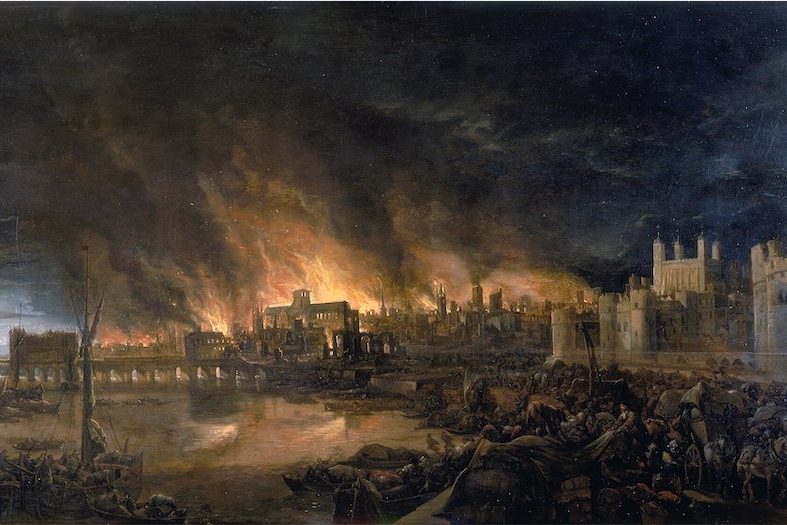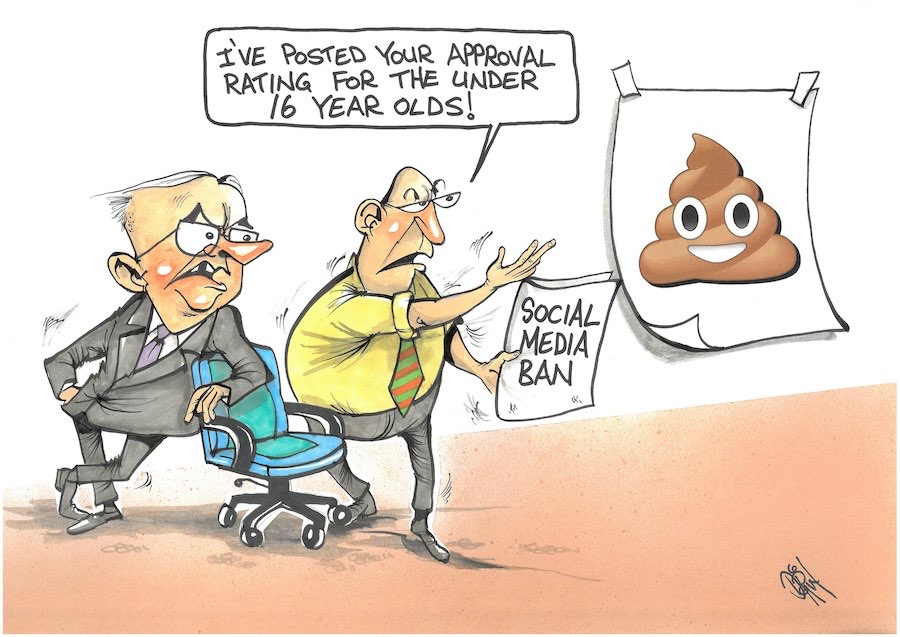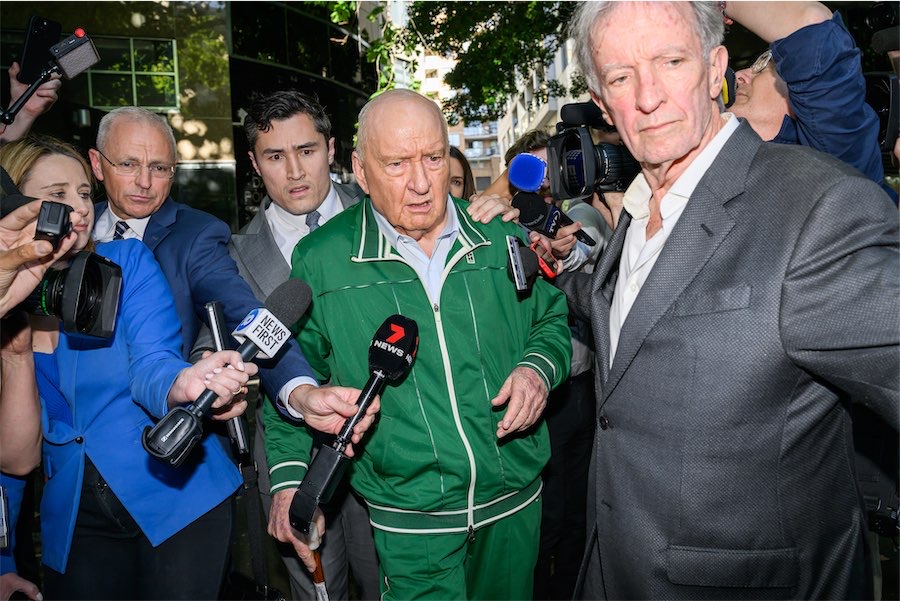
“Not even the finest fine printer will save the insurance industry from the worldwide ravages of climate change,” predicts “The Gadfly” columnist ROBERT MACKLIN.
THE one great godsend of climate change – perhaps the only one – is now firmly on humanity’s radar.
I speak, of course, of the final departure of the worldwide insurance industry. Climate change will sound its death knell.
I don’t wish to be rude, but at last, after at least two centuries of exploiting our fears, we will at last escape its claws. A concept that began with all the high-minded and honourable motives of decency and fellowship was corrupted by the greed of its own malefactors.
Industry historians pretend that it had a royal beginning in 1750BC, when the Mesopotamian king Hammurabi proclaimed a set of laws governing the loss of ships and their cargoes around the Mediterranean.
But that’s as phony as most of the industry’s claims. Shipping “insurance” was very messy since vessels could be lost, sunk or captured by privateers; and court decisions were open to all sorts of bribery and corruption. Shakespeare exposed it beautifully in “The Merchant of Venice”.
Today’s industry really began in the Middle Ages when the craftsmen of Europe paid dues to their guilds, producing a substantial cash nest egg. So when their working premises burned down – a common occurrence in the wooden cities of the day – it could pay for a rebuild.
The next step was to recompense guild members who were robbed. They would cover the member’s pressing expenditures until he was back on his financial feet. It gradually extended its reach to the families of guild members killed or disabled by local crims.
The watershed moment arrived in 1666 when the Great Fire of London roared through 13,000 houses leaving about 100,000 people homeless. By the end of the century “fire insurance” companies proliferated, but there was a catch. They each had their own fire brigade devoted to those houses clearly marked as customers. And unless they saw the company mark, rival brigades simply ignored the conflagration and the victims therein.
From that historic moment, the moral foundation of the industry began its collapse into a world where profit became the overriding motive and devil take the hindmost.
By the 1750s it had thrown up the first “actuary” in James Dodson, master of Britain’s Royal Mathematical School. He used death rate data to ensure that “life insurance” was weighted so that payments (or “premiums”) would provide a profit to the insurer. After that, the industry made a fine art of the scandalous “fine print” that has stopped claimants in their tracks ever since.
We had a delicious example of this from a backyard cricket match when son Ben clipped a rising bouncer from a frustrated father right through the front window of our Pearce house. This was a fine print no-no. Payment would only be made if the ball hit a stone on the way and the stone broke the window! (Our response remains a closely guarded family secret).
However, not even the finest fine printer will save insurance from the worldwide ravages of climate change. Even as they insure themselves down the line, the plethora of rival insurers who clutter our TV screens with their deceptive commercials are doomed. The girly motorbike riders rushing past some idiot whose car has self-destructed, or a great footballer growing a beard waiting for a rival insurer, are typical of their desperation as the world’s weather takes its revenge on humanity’s mindless greed.
Truth is, you can’t insure the entire world and make a profit. The people’s governments will be forced to assume the cost of their dilatory response to the emergency, or we’ll all go down together. And if you doubt it, just ask an actuary.
Who can be trusted?
In a world of spin and confusion, there’s never been a more important time to support independent journalism in Canberra.
If you trust our work online and want to enforce the power of independent voices, I invite you to make a small contribution.
Every dollar of support is invested back into our journalism to help keep citynews.com.au strong and free.
Thank you,
Ian Meikle, editor




Leave a Reply